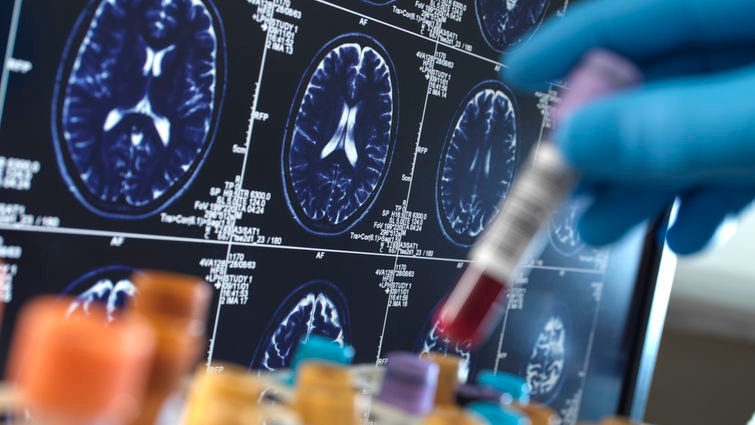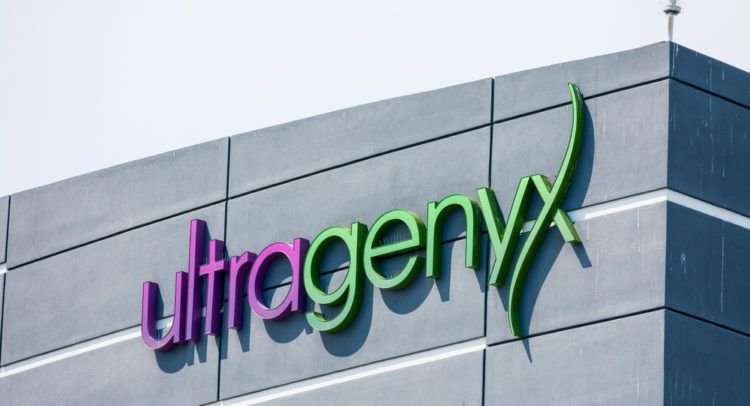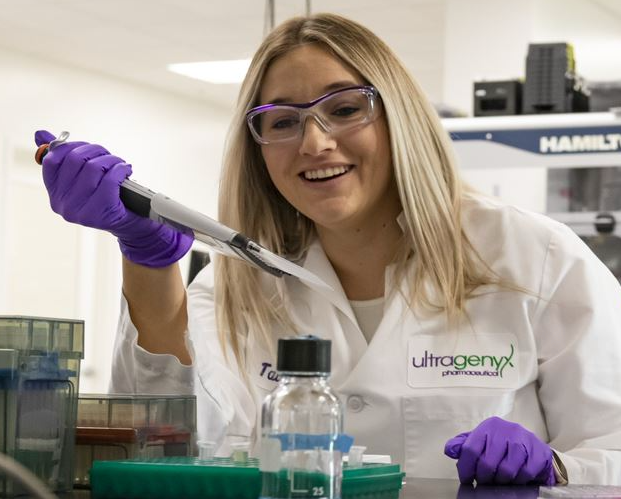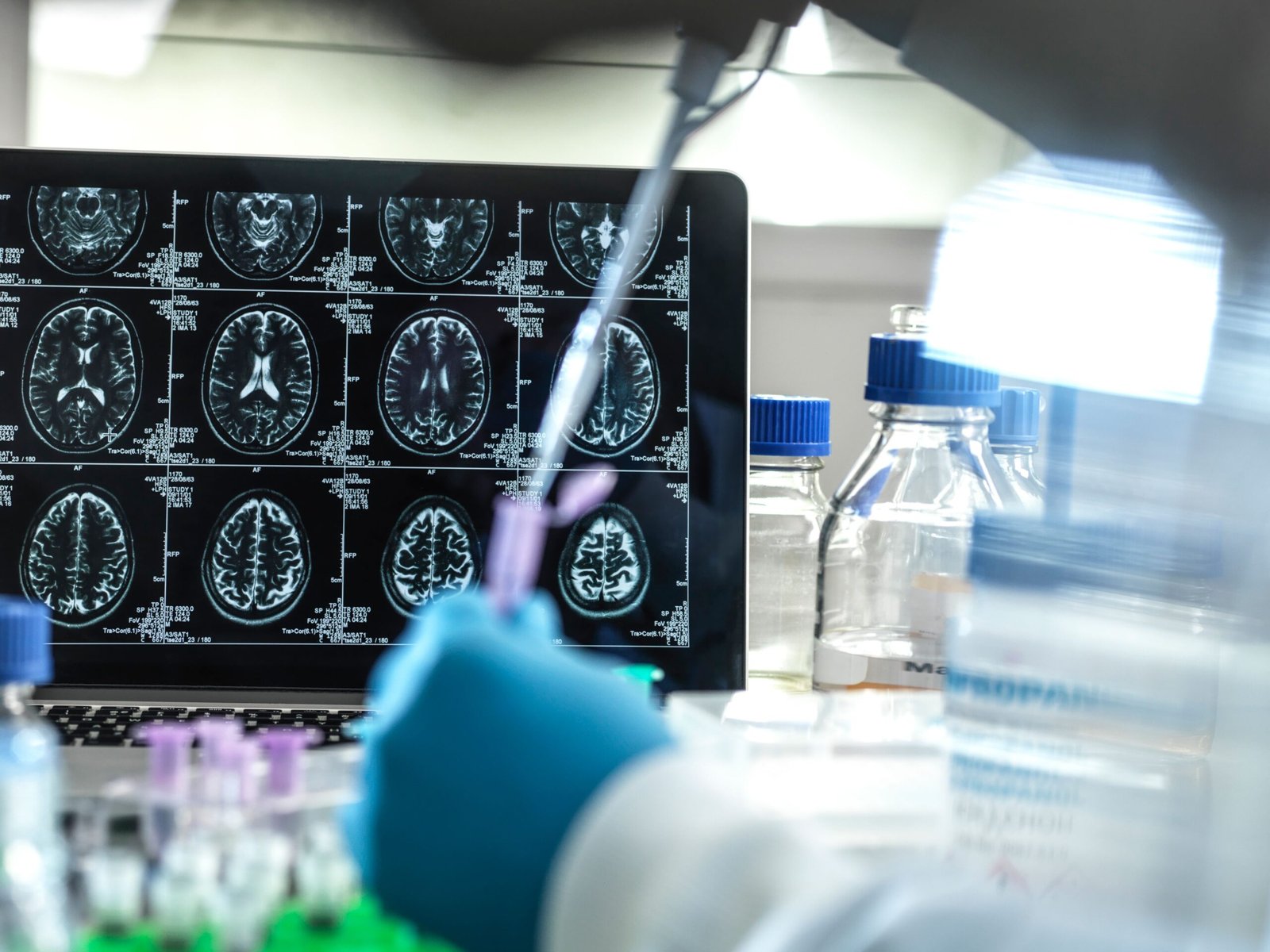Innovation, investment, and ideals intersected dramatically at the AI Action Summit—held 10–11 February at Paris’s Grand Palais. Co-chaired by French President Emmanuel Macron and Indian Prime Minister Narendra Modi, the summit drew over 1,000 delegates from more than 100 countries. Participants ranged from heads of state and regulators to AI startups, researchers, and civil society leaders—all intent on shaping the future of artificial intelligence.
A Summit of Investment and Vision
The summit was not just symbolic—it delivered real fiscal heft. Key announcements included:
- The European Union’s InvestAI initiative, a €200 billion fund with €20 billion earmarked for four AI “gigafactories” tasked with building advanced models.
- The EU AI Champions Initiative, backed by 60+ companies and led by General Catalyst, set to drive €150 billion in AI investments across Europe.
- In France, private investors pledged nearly €110 billion to AI development, while the UAE and Canadian group Brookfield unveiled plans to invest further €50 billion in infrastructure.
AI Meets Ethics: The Sustainable AI Declaration
One of the summit’s most significant outcomes was the adoption of the “Statement on Inclusive and Sustainable Artificial Intelligence for People and the Planet.” More than 58 countries—including France, India, Germany, Japan, and South Africa—committed to principles around open, safe, and equitable AI access that avoids digital monopolies. Importantly, technologies must benefit workers and be environmentally responsible.
Notably, both the United States and United Kingdom declined to sign, citing security concerns and insufficient governance provisions.
Implications for Healthcare, Pharma & Clinical Research
Though not healthcare-specific, the AI Summit’s investment pledges and ethical frameworks have immediate resonance for clinical and biotech sectors:
- Biotech AI Innovation: With funding pledges in the hundreds of billions, AI-powered drug discovery, trial design, real-world data modeling, and predictive diagnostics stand to receive accelerated backing.
- Ethical AI Aligns with Patient-Centric Research: The summit’s AI guidelines resonate with clinical research ethics frameworks—offering a foundation for transparent, bias-aware AI applications in patient engagement, diagnostics, and trial access.
- Regulatory Ripple Effect: As global regulators consider these AI principles, drug developers and clinical teams may soon find AI governance intersecting with health data rules, algorithm validation, and AI-assisted outcomes.
- Market Expansion for AI Tools: The headline-grabbing investments signal a surge in resources for AI vendors. Clinical trial platforms, biotech R&D tools, and regulatory analytics providers could all benefit from this capital influx.
A Turning Point in Global AI Governance
Observers framed the Summit as a critical moment amid rising geopolitical tension over AI’s future. Labels like “AI arms race” captured media commentary, with The Financial Times suggesting Europe’s AI Summit represents a push for global moderation amid U.S.–China competition. Yet many in the AI safety community lamented a lack of urgency on mitigating risks inherent in powerful AI systems.
Conclusion
The Paris AI Action Summit may mark a transformative moment for AI’s journey—from niche technology to a cornerstone of healthcare, biotech, and clinical innovation. With massive investment flows and shared ethical standards now emerging, stakeholders across pharma and clinical research should monitor AI developments closely. Whether through new tools, data governance norms, or research applications, AI’s influence is set to expand—and the summit has helped chart its roadmap.















